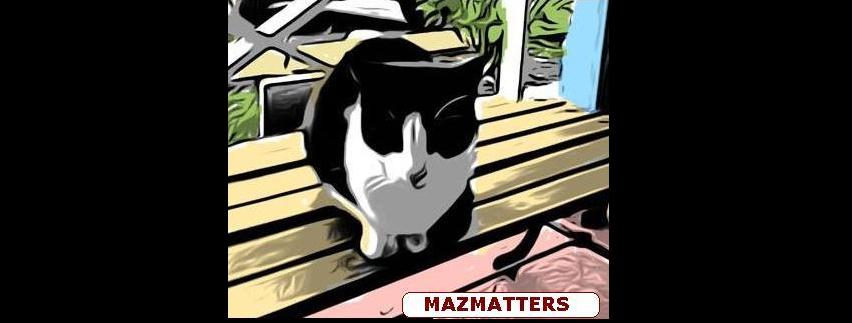This is a list of Common Sense definitions not to be taken too seriously and definitely with a grain of salt....
A is for
ADULT: A person who has stopped growing at both ends and is now growing in the middle.
B is for
BATHROOM: A room used by the entire family, believed by all except Mother to be a self-cleaning facility.
C is for
COMMITTEE: A body that keeps the minutes and often wastes the hours.
D is for
DATE: Infrequent outings with dad where mother can enjoy worrying about the family in a different environment and surroundings.
E is for
EMPTY NEST: See "WISHFUL THINKING."
F is for
FABLE: A story often told by a teenager arriving home later than promised. Alternative is politicians explaining policies.
G is for
GUM: Adhesive for use in many common emergencies, cracked radiators, loose hair-piece, wobbly dentures.
H is for
HINDSIGHT: The parental experience that comes from changing too many diapers.
I is for
INFLATION: A method for cutting money in half without damaging the paper it's printed on.
J is for
JUNK: What mother calls Dad's stuff and Dad calls mothers stuff.
K is for
KISS: Mothers most effective medicine. Dads favorite treatment.
L is for
LEMONADE STAND: US concept by which complex business venture created requiring mother to buy powdered mix, sugar, lemons, and paper cups and sets up a table (lemonade stand) chairs, pitchers and ice for kids who sit at stand there for three to six minutes and netting a profit of 15 cents.
M is for
MAYBE: When spoken by parents means No. Uttered by politicians means "don't know"!
N is for
NAIL POLISH: Part of an assortment of make-up items such as lipstick, eyeliner, blush etc. which ironically make older women look better while making their young daughters look "like a tramps."
O is for
OVERSTUFFED RECLINER: Mothers nickname for Dad.
P is for
PANIC: What a mother goes through when the darn wind swings under her skirt.
Q is for
QUIET: A state of household serenity which occurs before the birth of the first child and occurs again after the last child has left home.
R is for
REFRIGERATOR: Combination art gallery and air-conditioner found in the kitchen.
S is for
SPOILED ROTTEN: What the kids become after as little as 15 minutes with Grandparents.
T is for
TOWELS: See "FLOOR COVERINGS ".
U is for
UNDERWEAR: An article of clothing, the cleanliness of which ensures the wearer will never have an accident.
V is for
VACATION: Where you take the family to get away from it all, only to find it there, too.
W is for
WALLS: Complete set of drawing paper for kids that comes with every room.
X is for
XOXOXO: Motherly salutation guaranteed to make the already embarrassing note in a kid's lunch box even more mortifying.
Y is for
"YIPPEE! ": What mother's shout the first day of school.
Z is for
ZUCCHINI: Vegetable which can be baked, boiled, fried or steamed before kids refuse to eat it."
Please add more words if you are so inclined.










